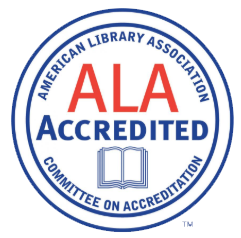Earn Your Master’s Degree in School Library Media
The Library and Information Science: School Media master’s degree at Syracuse University prepares you to teach literacy, support educators, and create inclusive learning spaces for K-12 students. Through a tech-driven, human-centered approach, you’ll develop the skills to navigate misinformation, promote digital citizenship, and provide students with the resources they need to think critically and learn effectively in an evolving digital world. As the #3 top-ranked program for school library media, this program prepares you to become a leader in school librarianship, inspiring the next generation of lifelong learners.
Program Benefits
- Complete 100 hours of hands-on training in K-12 school settings.
- Earn a degree from a nationally ranked, ALA-accredited program.
- Enjoy flexible, convenient online study from anywhere.
- Meet New York State requirements to become a certified school library media specialist.
Program Info

Next term starts:
Spring 2026
36
Total Credit Hours

Program Duration:
2 years

Program Delivery:
Online & On Campus
12
Courses
Admissions Requirements
How to Apply
Tuition & Fees
Cost per
credit
$2,015
X
Number
of credits
34
=
Total
Tuition
$68,510
Visit our graduate costs page to see a full list of tuition costs, housing, fees, and international student financial requirements.
What Can You Do With a LIS Master’s Degree in School Media
Designed to meet New York State Department of Education requirements, our program combines rigorous coursework with 100 hours of field experience, ensuring graduates are fully prepared for certification exams. With a strong foundation in information literacy, educational technology, and library management, you’ll be qualified to support students, collaborate with educators, and enhance learning environments in K-12 schools.
Career opportunities
- School Librarian
- Library Media Specialist
- Teacher Librarian
- Youth Services Librarian
- Children’s Librarian
- Youth Services Coordinator
- Teen Services Librarian
- Young and Emerging Adult Librarian
- Children’s Reference Librarian
Fastest-Growing
Field in the US
Bureau of Labor Statistics
Median pay for
data scientists
Bureau of Labor Statistics
Expected Growth of
data science jobs
Much faster than average, BLS
Gain Experience.
Combine 100 hours of fieldwork with opportunities to join a research lab or collaborate with faculty on their academic work, exploring the role of school librarians in fostering lifelong learning and furthering information literacy and social justice.

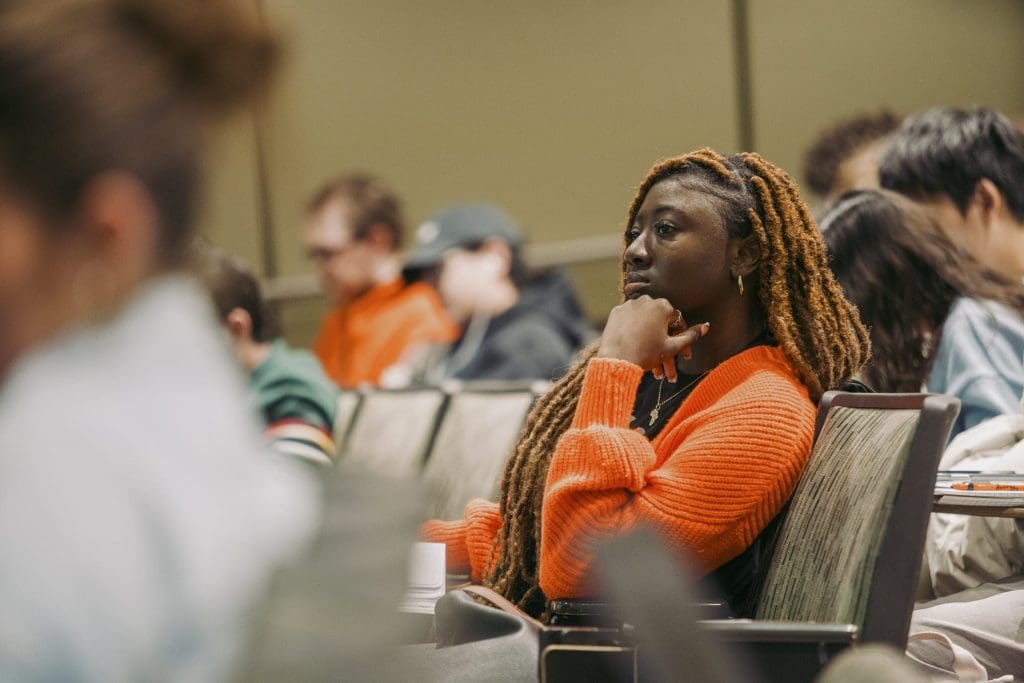
Get Certified.
For those who have already earned an ALA-accredited LIS degree, our Certificate of Advanced Study in School Media is also available as a standalone program. Through 21 credits of graduate coursework, you’ll be prepared to take the New York State certification exams.


Pursue your future.
The iSchool’s tight-knit community means that you’ll become part of a vibrant and active professional network when you graduate. That’s how we’re able to place nearly all of our graduates into a variety of roles in schools and school districts.
to career support staff
you access to
mentoring and jobs



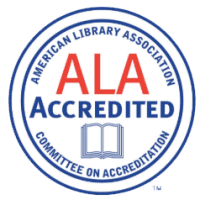
Our LIS program has been accredited by the American Library Association (ALA) since 1928, we currently hold continued accreditation status through 2030.
Courses & Curriculum
Our LIS: School Media degree program is 36 credits, and is typically completed within 2 years. The program prepares you for a career as a school librarian and incorporates preparation for New York Department of Education certification into the curriculum.
Introductory Course – 3 Credits
Information Resource and Service Courses – 9 credits
Management Course – 3 credits
School Media Specific Coursework – 15 Credits
Electives – 3 credits
Exit requirement
OR
Fieldwork
School media students must complete a total of 100 (non-credit) hours of fieldwork in elementary and secondary school libraries before their first practicum experience. A minimum of 15 hours must be with students with disabilities.
Additional Requirements
Professional Pathways
The MSLIS program strides to cultivate leaders in the library and information profession who will become implementers and advocates for information justice and equity, community engagement, and technology use in their communities of practice. It is designed to prepare library and information professionals with a broad range of knowledge and skills needed for exemplary practice and leadership in the library and information profession.
Student Success Stories
Meet Our Alumni
Our alumni from the Library and Information Science master’s program have excelled in various educational roles, such as school librarians, library media specialists, and youth services coordinators. Their success stories highlight the program’s effectiveness in preparing graduates to foster literacy and manage information resources in K-12 educational settings.
Visit our Alumni & Friends page to discover more about their inspiring stories and connect with fellow alumni.
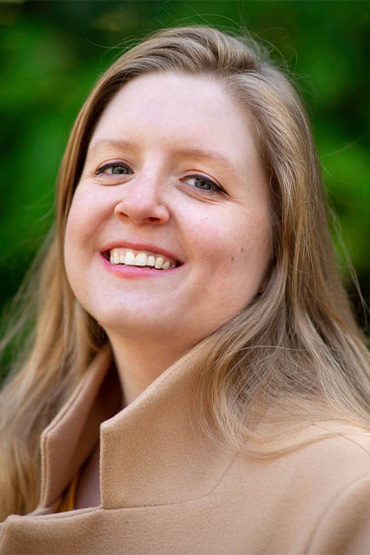
Librarian Shares How Aptitude Test Changed Her Career Path
Heather Crane G’23 is an open education librarian at Embry-Riddle Aeronautical University in Florida. She graduated from Syracuse’s iSchool in December with a master’s degree in Library and Information Science.
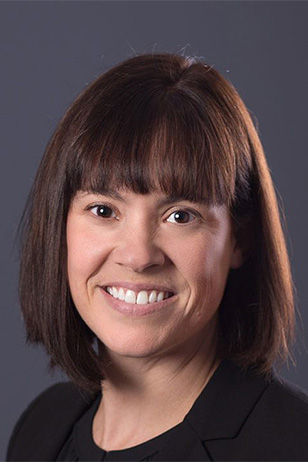
Megan Oakleaf
Advancing LIS impact, Megan Oakleaf leads info lit, learning analytics, & library assessment.
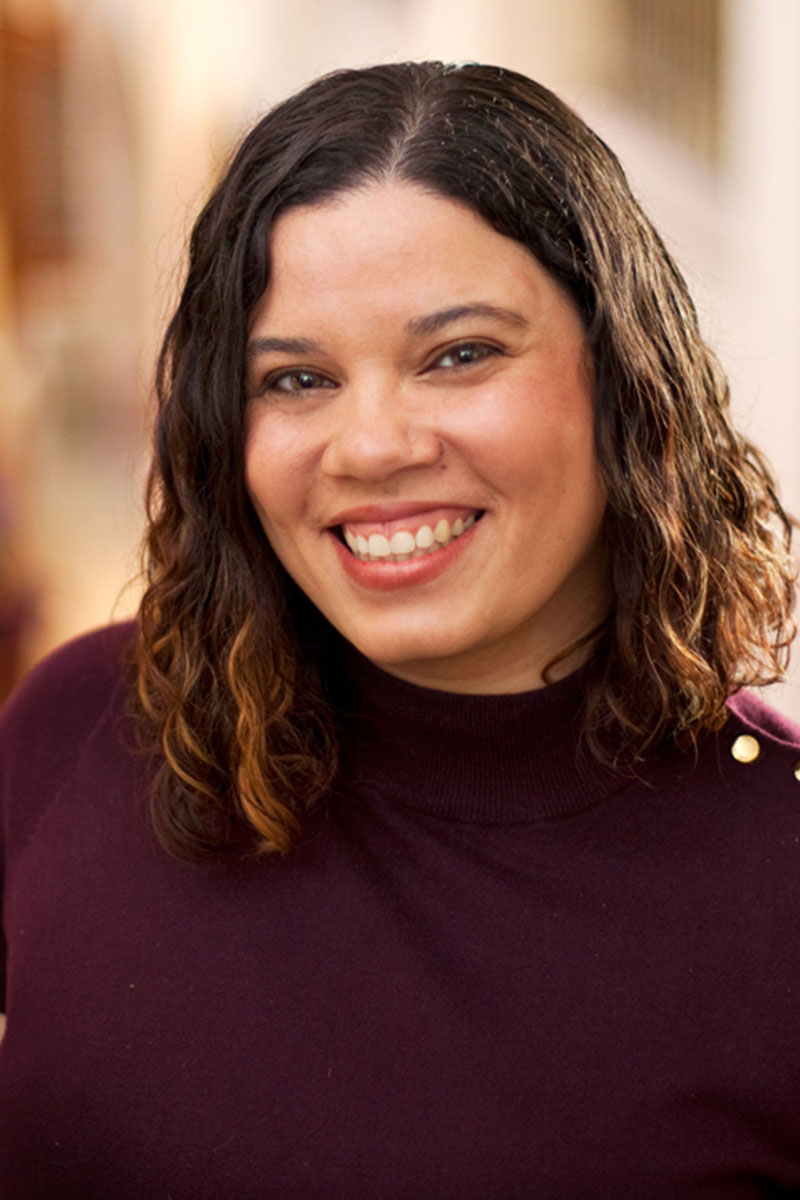
Beth Patin
Championing info equity, Beth Patin advances epistemic justice, crisis informatics, & community resilience.
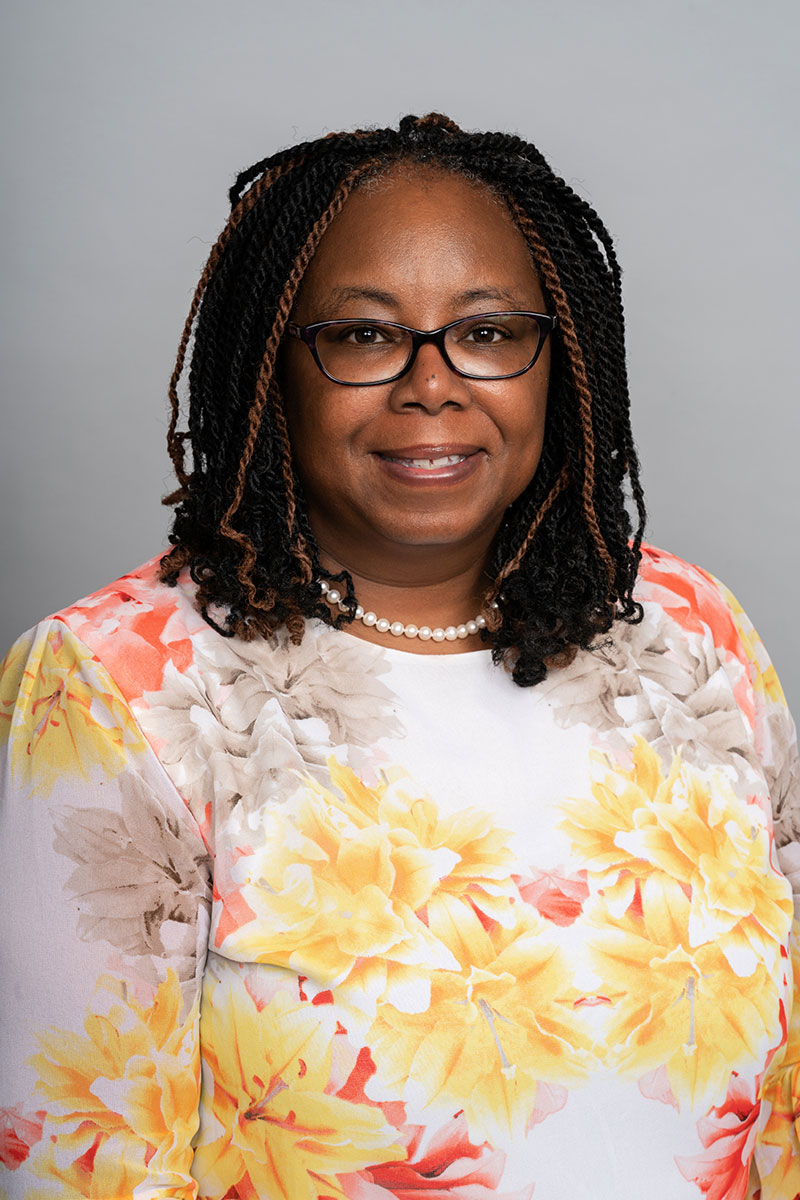
LaVerne Gray
Inspired by LIS pioneers, LaVerne Gray guides school librarians in fostering info equity & youth voice.
Faculty Experts
Our faculty are leaders in library science, education, and technology, bringing real-world experience and cutting-edge research into the classroom. Learn from dedicated professionals who are shaping the future of school librarianship and information literacy.
Frequently Asked Questions
Is a media specialist the same as a librarian?
While both roles involve managing library resources and supporting literacy, a school media specialist focuses on integrating technology, digital resources, and media literacy into the curriculum.
Are there certification options for school media specialists?
Yes, many states require certification for school media specialists, and our program prepares students to meet these requirements. Be sure to check your state’s specific guidelines.
Is the GRE required for application?
The GRE is optional, but you may submit your scores if you have them.

